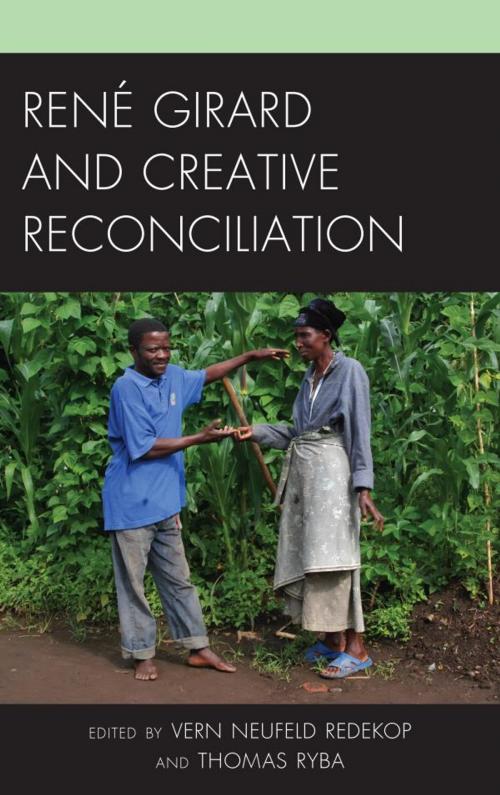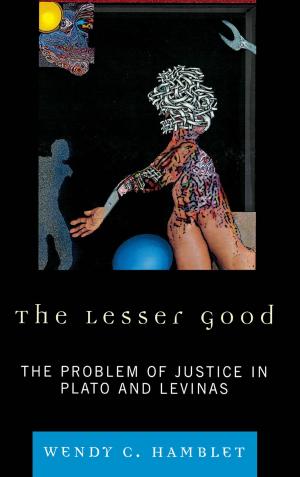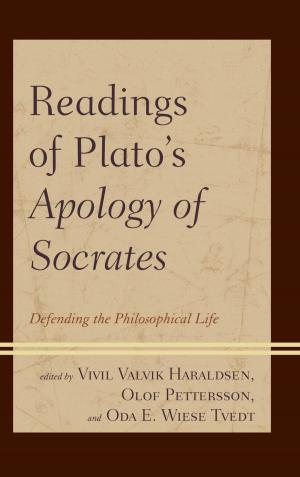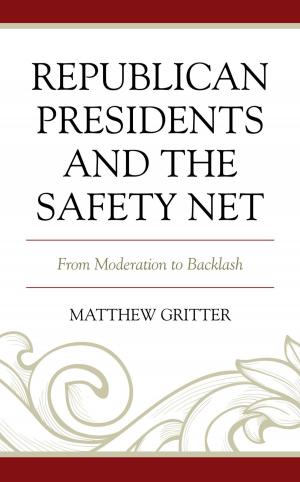René Girard and Creative Reconciliation
Nonfiction, Religion & Spirituality, Christianity, Church, Orthodox Churches, Church & State, Philosophy, Religious| Author: | Cameron Thomson, Sandor Goodhart, Nadia Delicata, Jon Pahl, Sue-Anne Hess, Eugene Webb, Frank Richardson, Kathryn Frost, Leonhard Praeg, Steve Moore, Rupa Menon, Duncan Morrow, Joel Hodge, Cynthia Stirbys, Angela Kiraly, Nikolaus Wandinger, Miguel de Las Casas Rolland, Glenn D. Smith | ISBN: | 9780739169018 |
| Publisher: | Lexington Books | Publication: | January 9, 2014 |
| Imprint: | Lexington Books | Language: | English |
| Author: | Cameron Thomson, Sandor Goodhart, Nadia Delicata, Jon Pahl, Sue-Anne Hess, Eugene Webb, Frank Richardson, Kathryn Frost, Leonhard Praeg, Steve Moore, Rupa Menon, Duncan Morrow, Joel Hodge, Cynthia Stirbys, Angela Kiraly, Nikolaus Wandinger, Miguel de Las Casas Rolland, Glenn D. Smith |
| ISBN: | 9780739169018 |
| Publisher: | Lexington Books |
| Publication: | January 9, 2014 |
| Imprint: | Lexington Books |
| Language: | English |
The contribution of this book to the field of reconciliation is both theoretical and practical, recognizing that good theory guides effective practice and practice is the ground for compelling theory. Using a Girardian hermeneutic as a starting point, a new conceptual Gestalt emerges in these essays, one not fully integrated in a formal way but showing a clear understanding of some of the challenges and possibilities for dealing with the deep divisions, enmity, hatred, and other effects of violence. By situating discourse about reconciliation within the context of Girardian thought, it becomes clear that—like Peter who vowed he would never deny Jesus but ended up doing it three times—any of us is susceptible to the siren call of angry resentment and retaliation. It is with a profound awareness of the power of violence that the emergence of mimetic discourse around reconciliation takes on particular urgency.
The contribution of this book to the field of reconciliation is both theoretical and practical, recognizing that good theory guides effective practice and practice is the ground for compelling theory. Using a Girardian hermeneutic as a starting point, a new conceptual Gestalt emerges in these essays, one not fully integrated in a formal way but showing a clear understanding of some of the challenges and possibilities for dealing with the deep divisions, enmity, hatred, and other effects of violence. By situating discourse about reconciliation within the context of Girardian thought, it becomes clear that—like Peter who vowed he would never deny Jesus but ended up doing it three times—any of us is susceptible to the siren call of angry resentment and retaliation. It is with a profound awareness of the power of violence that the emergence of mimetic discourse around reconciliation takes on particular urgency.















